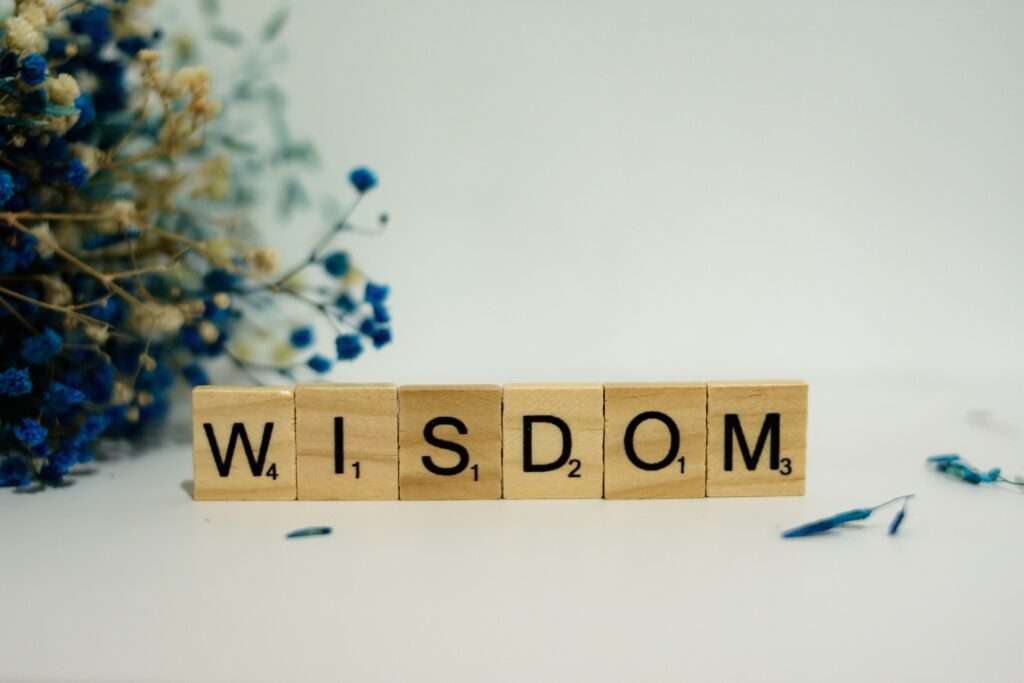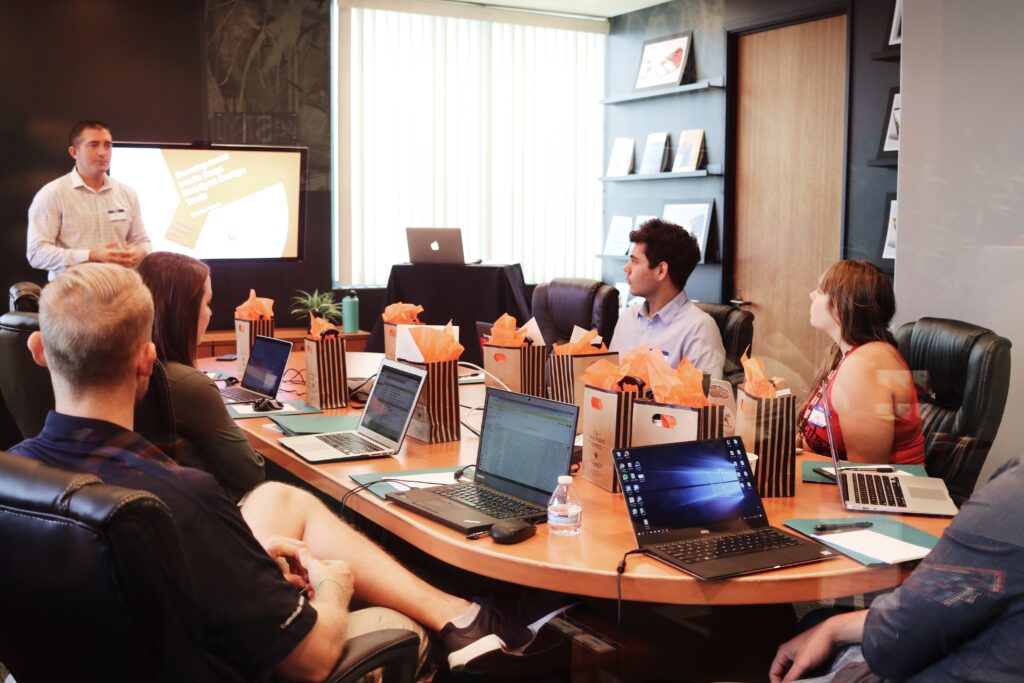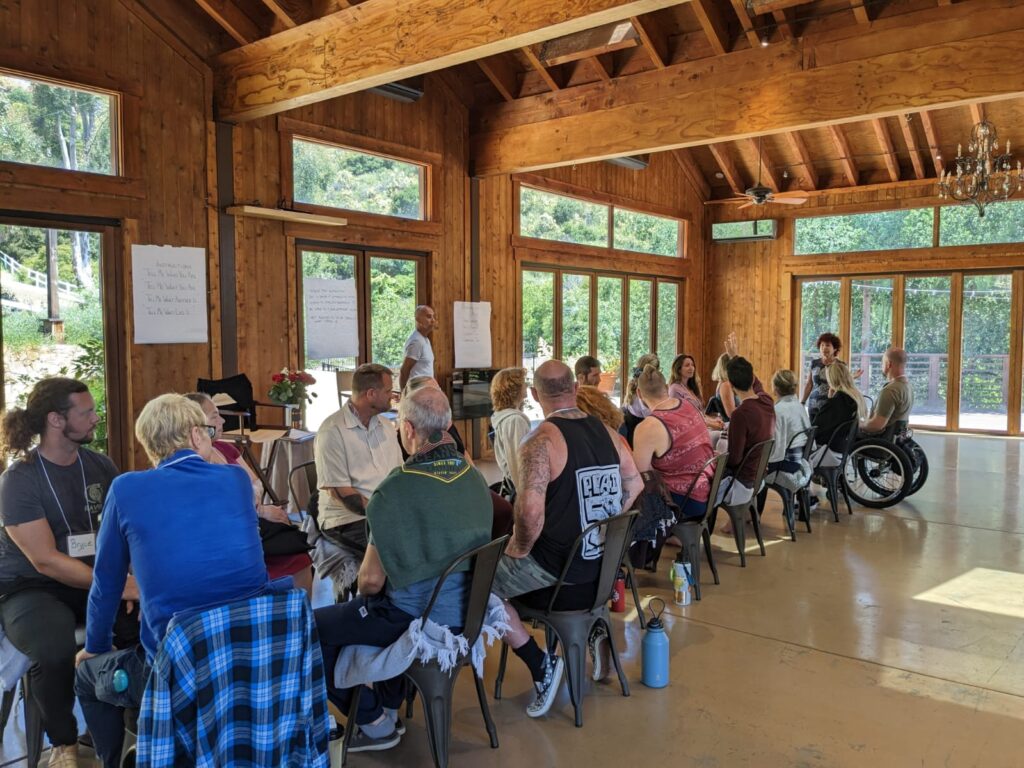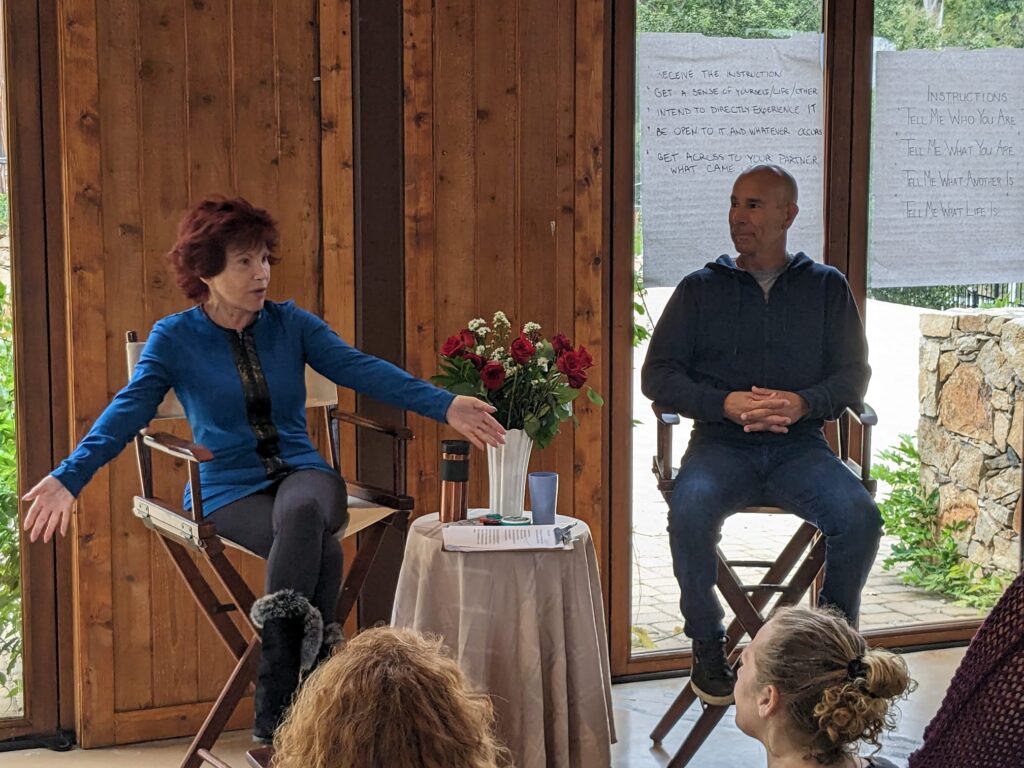What is Insight-Based Coaching?
Insight-Based Coaching is a form of coaching that focuses on facilitating deep self-awareness and personal transformation through the exploration and development of profound insights. It involves guiding individuals to gain a deeper understanding of their thoughts, emotions, behaviors, and underlying beliefs. This understanding leads to meaningful and sustainable change.
Key aspects of Insight-Based Coaching include:
- Self-Discovery: It encourages clients to explore their inner world, uncovering their values, motivations, and unique perspectives. Through this self-discovery, clients gain clarity about who they are and what they want.
- Questioning Assumptions: Insight-Based Coaching challenges clients to question their assumptions and habitual thought patterns. Coaches help clients see beyond limiting beliefs and consider new possibilities.
- Clarifying Goals: Coaches work with clients to define clear, authentic goals that align with their values and aspirations. Insights often play a crucial role in this goal-setting process.
- Enhanced Problem Solving: Clients develop the capacity to solve complex problems and navigate challenges by tapping into their insights and inner wisdom.
- Increased Self-Confidence: As clients gain deeper self-awareness and insight, their confidence in decision-making and actions naturally grows.
- Emotional Intelligence: Insight-Based Coaching helps clients understand and manage their emotions more effectively, leading to improved relationships and communication.
- Long-Term Change: The insights gained in this coaching approach are not superficial; they often lead to profound and lasting personal and professional change.
- Client-Centered: The coaching process is client-centered, with the coach acting as a guide and facilitator. The focus is on the client’s unique journey of self-discovery and growth.
Insight-Based Coaching is particularly effective for individuals seeking personal development, self-improvement, and a deeper understanding of themselves. It empowers clients to tap into their inner wisdom, enabling them to make informed choices and navigate life’s challenges with greater clarity and authenticity.
What is an insight?
An insight is a profound and often sudden understanding, realization, or perspective that brings clarity, deep understanding, or a new way of looking at a situation or problem. It’s a moment of enlightenment where you gain a deeper level of awareness or knowledge that can lead to positive changes in your thinking, behavior, or actions. Insights can be personal, professional, or even spiritual, and they have the power to transform the way we perceive and engage with the world around us.
What is the difference between insight-based learning and growth versus information-based learning and growth?
Insight-Based Learning and Growth:
- Depth of Understanding: Insight-based learning involves gaining a deep understanding of a concept or situation. It often leads to a fundamental shift in perspective or aha moments.
- Transformation: Insights have the power to transform you. They can change the way you perceive, think, or behave, leading to profound personal or professional growth.
- Personalization: Insights are often personal and unique to an individual’s experiences and reflections. They arise from introspection and self-discovery.
- Application: Insights are applied intuitively. They guide your actions and decisions naturally because they align with your newfound understanding.
Information-Based Learning and Growth:
- Surface Knowledge: Information-based learning focuses on acquiring facts, data, or knowledge about a topic. It provides information that may or may not lead to a deeper understanding.
- Retention and Recall: Information-based learning relies on memory and recall. You retain information for future reference or use, but it may not necessarily transform your thinking or behavior.
- Universality: Information is often universal and can be shared across individuals or contexts. It’s not necessarily tied to personal experiences or insights.
- Application: Applying information often requires conscious effort. It may involve applying a set of steps or rules rather than an intuitive understanding.
In essence, insight-based learning and growth are characterized by profound personal understanding and transformation, while information-based learning and growth involve the acquisition and application of knowledge or data, which may or may not lead to deeper personal change. Both approaches have their place in education and personal development, but insights tend to have a more profound and lasting impact on an individual’s life.
How does a person foster an ideal environment for insights to occur?
Creating an environment conducive to insights involves nurturing specific conditions that encourage deep thinking, self-awareness, and a receptive mindset. Here are some key steps to foster such an ideal environment:
- Mindfulness and Presence: Practice mindfulness and being fully present in the moment. This helps quiet the mind’s chatter and allows you to tune in to your inner thoughts and feelings.
- Reflection: Set aside time for regular reflection. Journaling, meditation, or contemplative walks can provide opportunities to ponder life’s questions and your own experiences.
- Open-Mindedness: Cultivate an open and curious mindset. Be willing to question assumptions and consider multiple perspectives, even if they challenge your existing beliefs.
- Silence and Solitude: Find moments of solitude and silence. In stillness, you can hear your inner voice and insights more clearly.
- Diverse Input: Surround yourself with diverse ideas, people, and experiences. Exposure to different viewpoints can trigger insights by connecting seemingly unrelated concepts.
- Challenging Problems: Engage in challenging problems or creative tasks. Wrestling with complex issues can lead to breakthrough insights as you grapple with potential solutions.
- Embrace Failure: Don’t fear failure or mistakes. They often pave the way for insights and innovation. Learn from setbacks and setbacks can lead to insights and innovation.
- Learn Continuously: Pursue lifelong learning and seek new knowledge in various fields. Insights often emerge when you connect ideas from different domains.
- Seek Feedback: Be open to feedback from others. They may offer valuable insights and perspectives that you hadn’t considered.
- Mind-Body Balance: Take care of your physical and mental well-being. Adequate sleep, a healthy diet, and regular exercise contribute to mental clarity and creativity.
- Patience: Be patient and allow insights to come naturally. Rushing the process can hinder their emergence.
- Community: Engage with a community of like-minded individuals who value personal growth and insight. Sharing experiences and discussions can spark insights.
Remember that insights can’t always be forced; they often arise unexpectedly when you least expect them. By creating an environment that supports and nurtures these conditions, you increase the likelihood of experiencing valuable insights in your personal and professional life.









